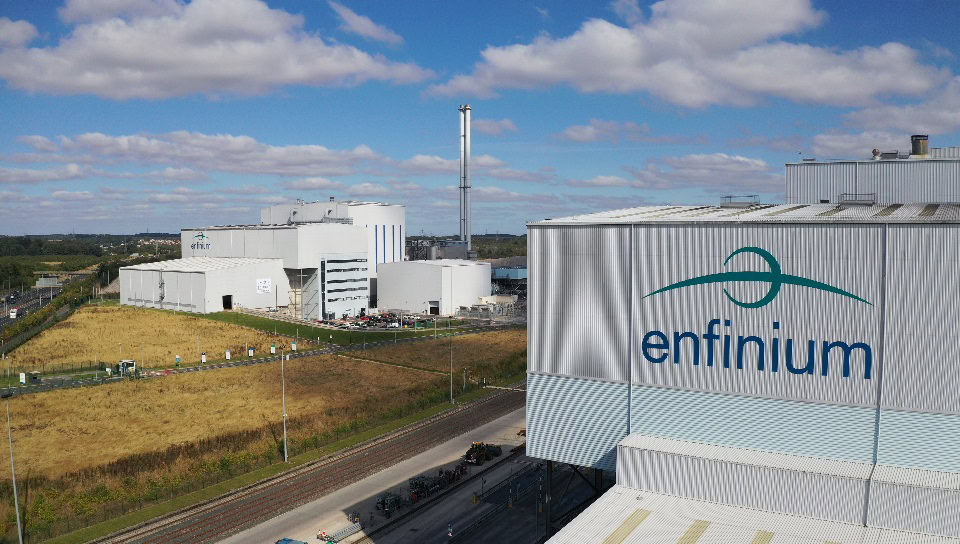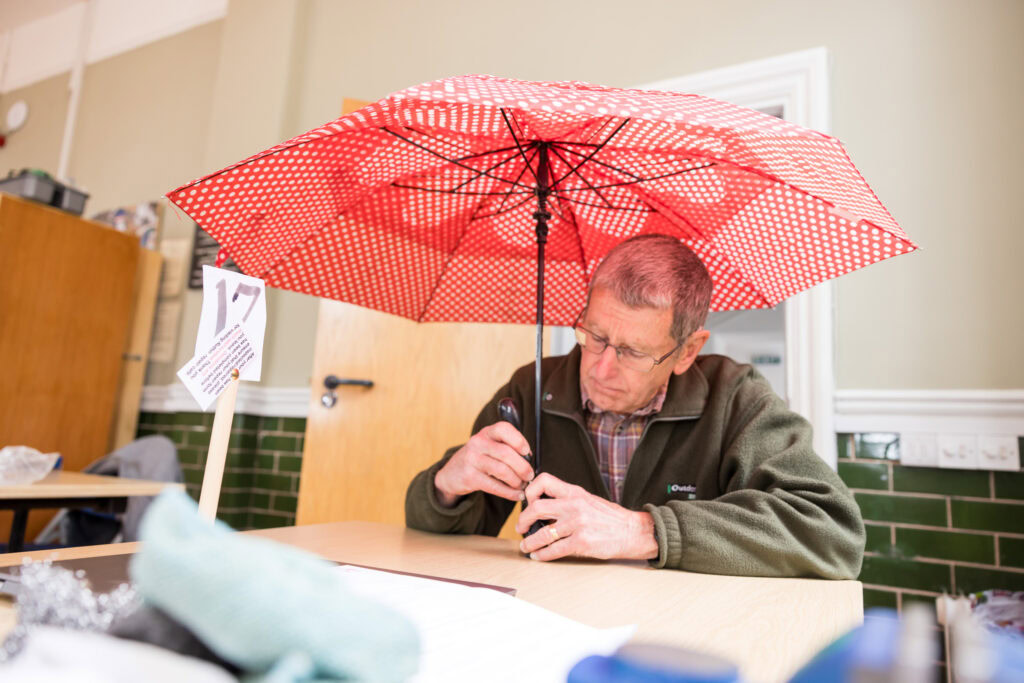The report claimed that its research found that EfW produces the same amount of greenhouse gases for each unit of energy as coal power. The last UK coal plant closed last month.
The BBC added that the government’s current calculations of emissions associated with EfW are based on waste figures from 2017 – meaning that the actual figures could “potentially” be higher. The BBC analysis used pollution levels recorded by operators at their incinerators.
There are currently 52 EfW incinerators in the UK with the industry producing approximately 3.1% of the UK’s energy.
Industry response to BBC EfW article
The Environmental Services Association (ESA) has contested the BBC’s findings – saying that it is “incorrect” to not consider the emissions reduced through the avoidance of landfill.
The ESA said that an independent report produced by consulting engineers Fichtner, in 2021, estimated that the net GHG emissions of sending one tonne of typical residual waste to landfill is 432.7 kgCO2e. By comparison, Fichtner estimated that the net GHG emissions of sending one tonne of residual waste to conventional EfW is 230.9 kgCO2e. It is therefore estimated that EfW saves approximately 200kg CO2e for every tonne of waste treated compared with landfill.
In a statement, the ESA said that recovering energy via EfW is now the “predominant means of treating residual waste”. This is “in accordance with the waste hierarchy” which dictates that recovery is prioritised over disposal methods such as landfill.
The spokesperson added: “It is important to point out that neither local or national policy prioritises the use of waste as a fuel to generate energy over other sources. The energy generated is simply a beneficial by-product of treating waste, which is a vital societal function.”
The Chartered Institution of Wastes Management (CIWM) added that, while the BBC study raised some important issues, it “also omits a number of key factors”.
It said that EfW is “robustly regulated” and designed as a “transition technology” with an expected lifespan of 25 to 30 years.
A CIWM spokesperson explained that this should “enable regulatory and market development to incentivise and enable waste prevention and recycling measures to improve overall resource efficiency”.
Both the ESA and CIWM noted that the waste industry has “a clear roadmap” to achieving net zero carbon emissions by 2040.
Cathy Cook, Local Authority Recycling Advisory Committee (LARAC) chair, said: “The article failed to mention the role of citizens in reducing waste or the importance of circular economy initiatives. Local authorities can only do so much without collaboration and responsibility shared by households. Moreover, the current lack of solid producer responsibility frameworks means local authorities are left to manage high volumes of unrecyclable material. An effective Extended Producer Responsibility (EPR) system would ensure that producers bear the cost of managing the end-of-life disposal of their products, especially for problematic materials such as plastics.”
Prioritising reuse and recycling
Both the ESA and CIWM also stated that there will need to be a shift at the design stage to reduce the use of fossil fuel derived packaging and promote reuse and recycling.
This was supported by circular economy expert and director of climate at Local Partnerships, Hattie Parke: “In order to truly move to a zero waste economy, we must look to the next suite of policies that will be needed to deliver on Defra’s commitment of cutting waste and moving to a circular economy so that we re-use, reduce and recycle more resources and help meet our emissions targets.”
Alice Rackley, CEO of Polytag, added: “The news that incinerating household waste is now the dirtiest way the UK produces power should come as no surprise. Those in the know have been fighting for greener practices for years. We understand that burning is bad… after all, that is why people are switching to electric cars. Yet, when it comes to recycling packaging and household waste, the incentives don’t seem to be as compelling as a shiny EV.
“The solution is simple – to reduce household waste incineration, we need to increase the recycling rate for single-use plastics. Consumer education on the benefits of recycling, paired with effective incentives, is crucial. But this isn’t solely the responsibility of consumers. Brands and retailers must lead the way in driving these incentives and encouraging people to recycle from the source.”
The ESA concluded: “The ability of EfW and recycling to successfully co-exist alongside each other is also evidenced by the fact that the majority of the top ten councils with the highest recycling rates also make use of EfW to treat the left-over waste. EfW is complementary to efforts to recycle and every household in the UK has access to kerbside recycling services provided by their local authority. Recycling sorting and collection activity always takes place upstream of treating waste through EfW – which points to upstream failures in recycling.
“The need to treat residual waste is a symptom of stagnant recycling performance, not the cause of it.”









Can we ever get away from the idea that recycling is free and if everyone carried out waste selection properly, then there would be no problem with waste. In my experience it is an achievement to get a large number of the population to put their waste in a receptacle never mind in the correct one. When will the blue sky dreamers grow up and accept that incineration is going to be the final solution for waste for the next century, at least.